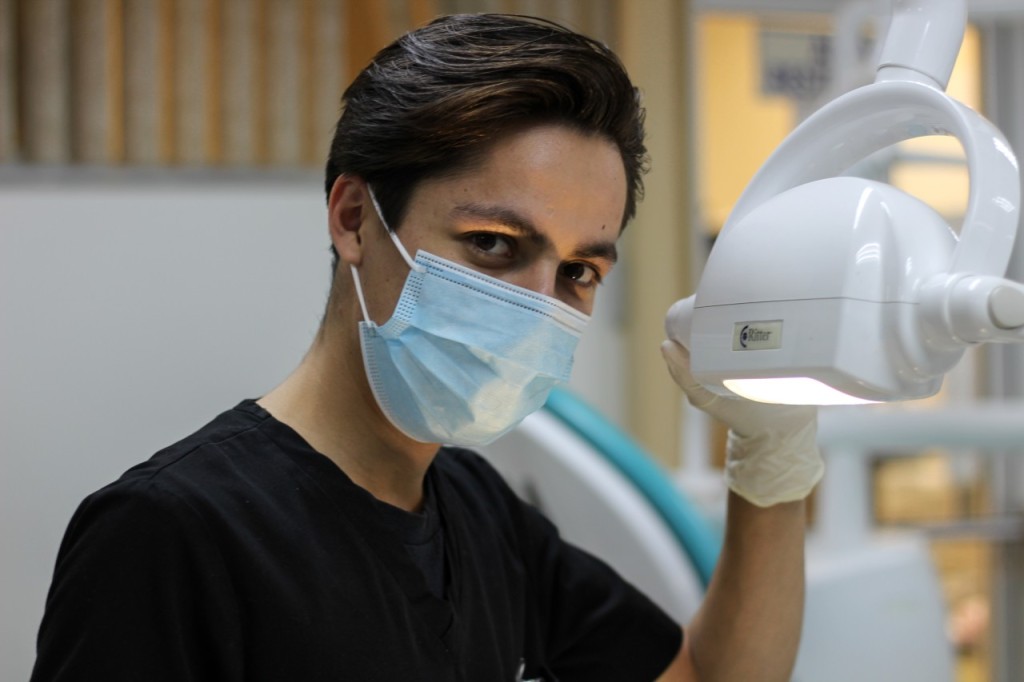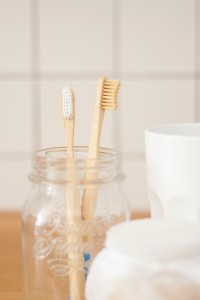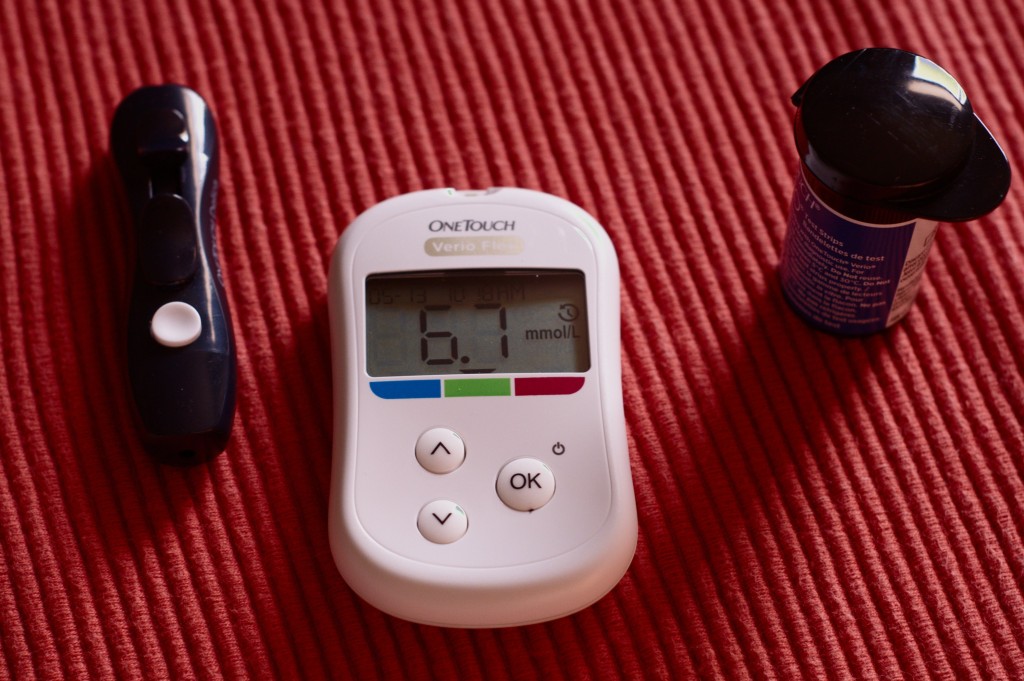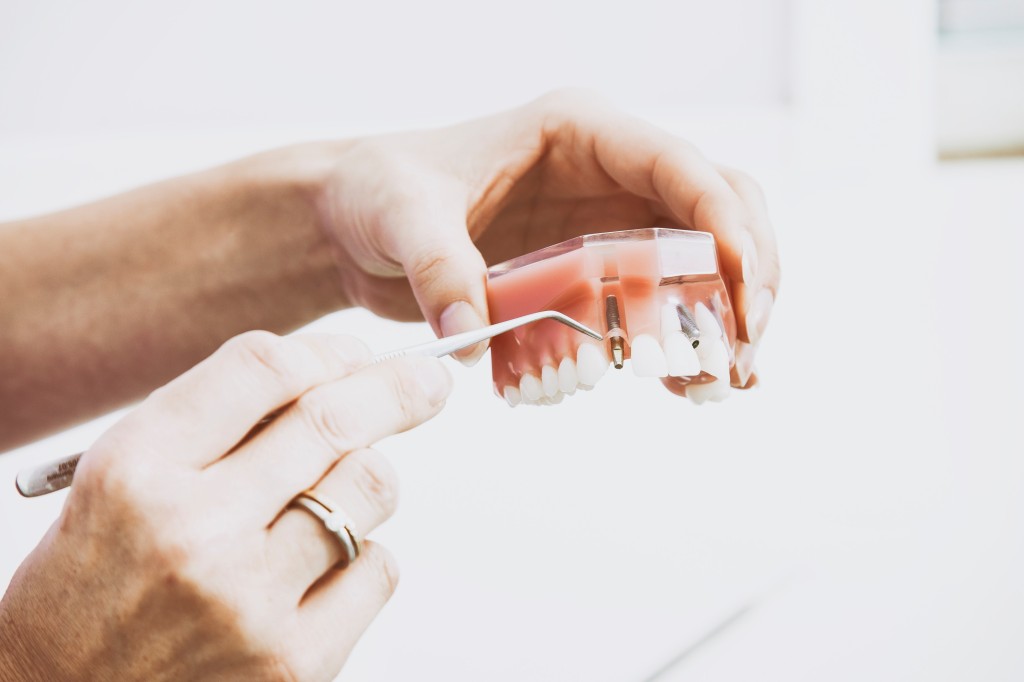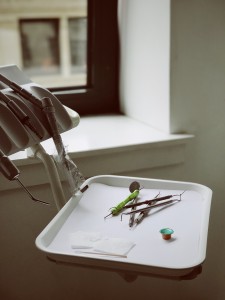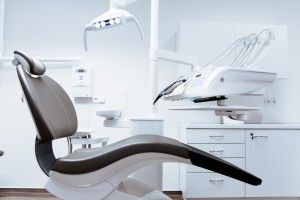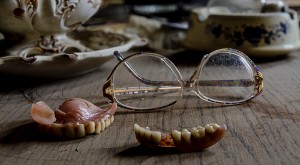Tanya Poleon, your trusted denturist in Portland OR believes that being knowledgeable about your oral health is a key component to your overall health. It’s how you take control over how your mouth looks and feels. Without that control, you might just miss out on an important factor in keeping your mouth at its best!
To continue that tradition, she felt that now is a good time to share with you the basic information regarding a dental bridge.
A bridge is a dental restoration that fills the space where one or more teeth are missing. The bridge restores your bite and helps keep the natural shape of your face.
Since a missing tooth is a serious matter, bridges are highly necessary to ensure your teeth can work together in the way they need to. When you lose a tooth, the nearby teeth may tilt or drift into the empty space. The teeth in the opposite jaw may also shift up or down toward the space. This can affect your bite and place more stress on your teeth and jaw joints, possibly causing pain.
It is also important to note that teeth that have tipped or drifted are more difficult to clean. This puts them at a higher risk for tooth decay and gum disease.
When a tooth is missing, the bone may shrink. If that happens, it may change the way the jawbone supports the lips and cheeks. Over time, this can make your face look different.
How is a Bridge Placed?
Many people don’t realize it, but placing a bridge usually takes more than one dental visit. Below are the typical steps for placing your new dental bridge:
- On your first visit, your dentist prepares the teeth on either side of the gap. The bridge will later be attached to these teeth.
- Your dentist then takes an impression of your teeth and the space, and sends the impression to a dental laboratory.
- The technicians at the lab make the bridge.
- Your dentist will place a temporary bridge to protect your exposed teeth while you are waiting for the permanent one.
- The bridge is then fixed, or cemented, to the prepared teeth.
- This type of bridge is permanent and cannot be taken out of your mouth without a dentist’s help.
- During one or more follow-up visits, the bridge is fitted, adjusted, and cemented in place.
What if I am missing several teeth?
Dental implants may be used to support a bridge when several teeth are missing. Implants are posts that are surgically placed into the jaw. The implants fuse to the jawbone to act as a base for the bridge. A key benefit of implants is that they don’t need support from the surrounding teeth.
Because surgery is required, candidates for dental implants should have good general health and enough bone to support an implant.
How do I care for my bridge?
A bridge can lose its support if the surrounding teeth or jawbone holding the bridge are damaged by dental disease.
Follow these tips for good oral health:
- Brush twice a day and floss or use another between-the-teeth cleaner.
- Brushing and cleaning between the teeth helps remove plaque, a sticky film of bacteria.
- Always clean between your teeth and under the bridge.
- There are many kinds of flossers, picks and little brushes – ask your dentist what type will work well with your bridge.
 It is very important to see your dentist regularly for exams and professional cleaning.
It is very important to see your dentist regularly for exams and professional cleaning.
Placing a bridge is an expensive dental procedure. At Classic Denture Center we can fabricate you a partial or a flipper to substitute your missing tooth/teeth at a price that will make you smile! Contact your trusted denturist in Portland OR today to learn more!

